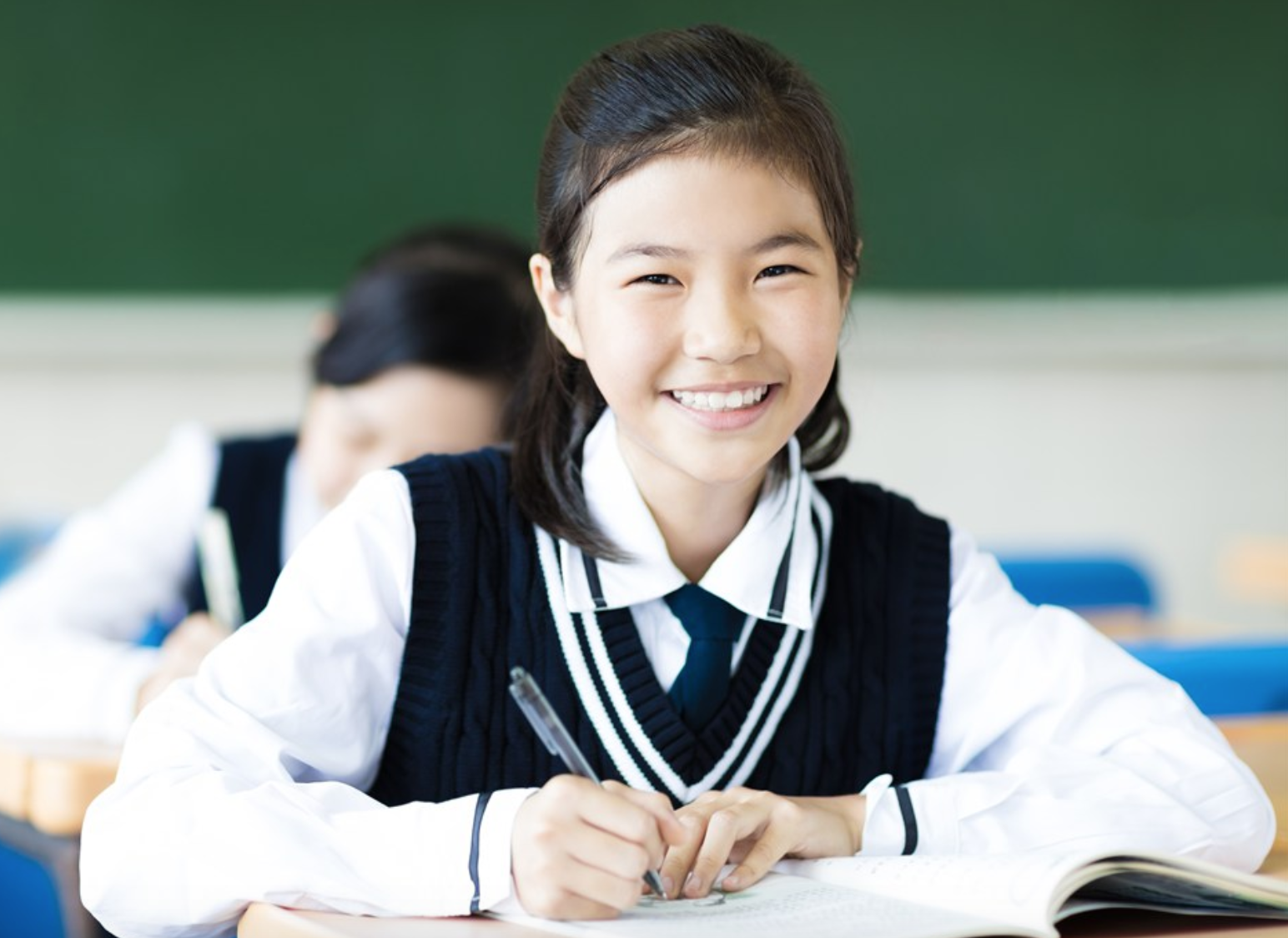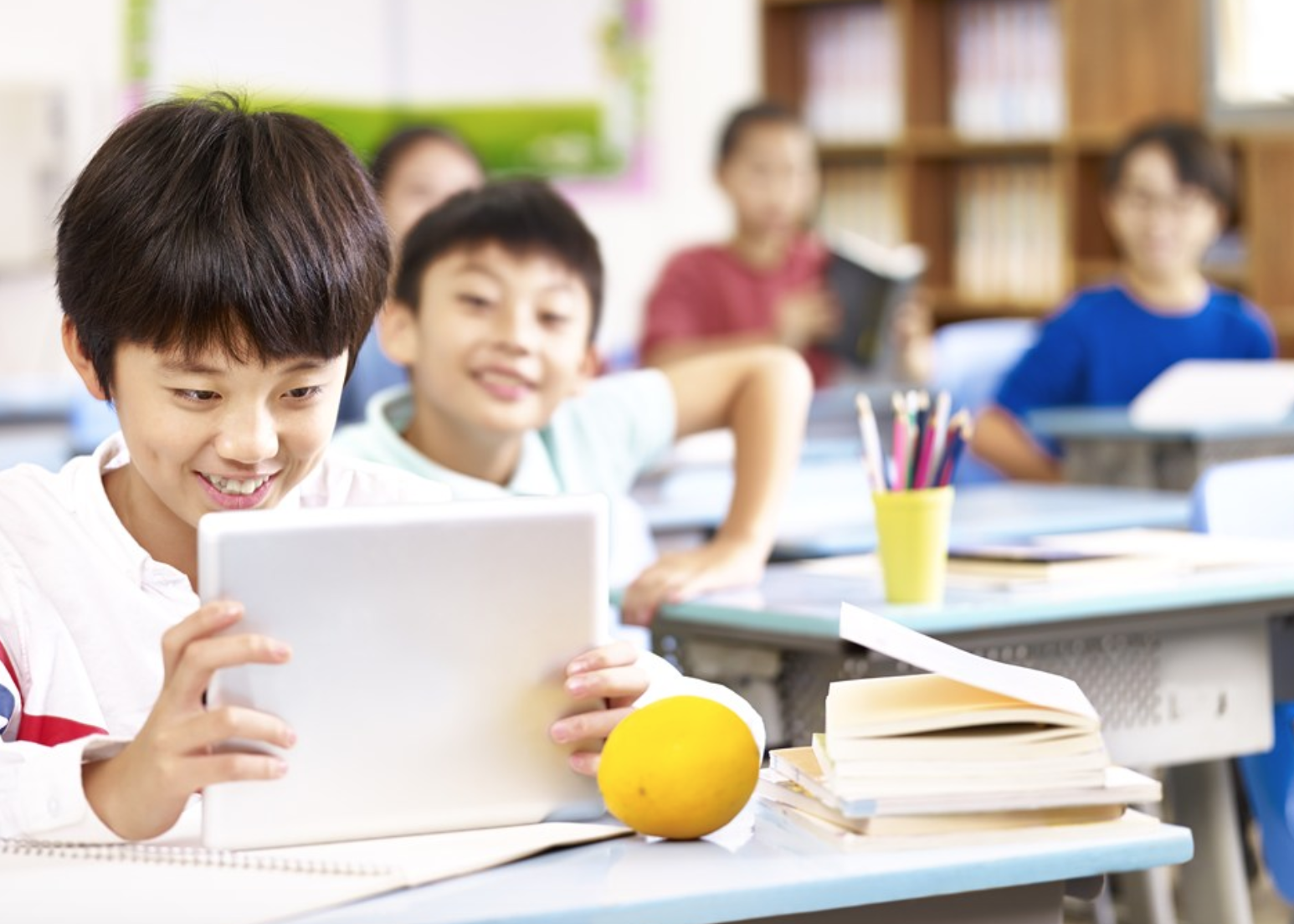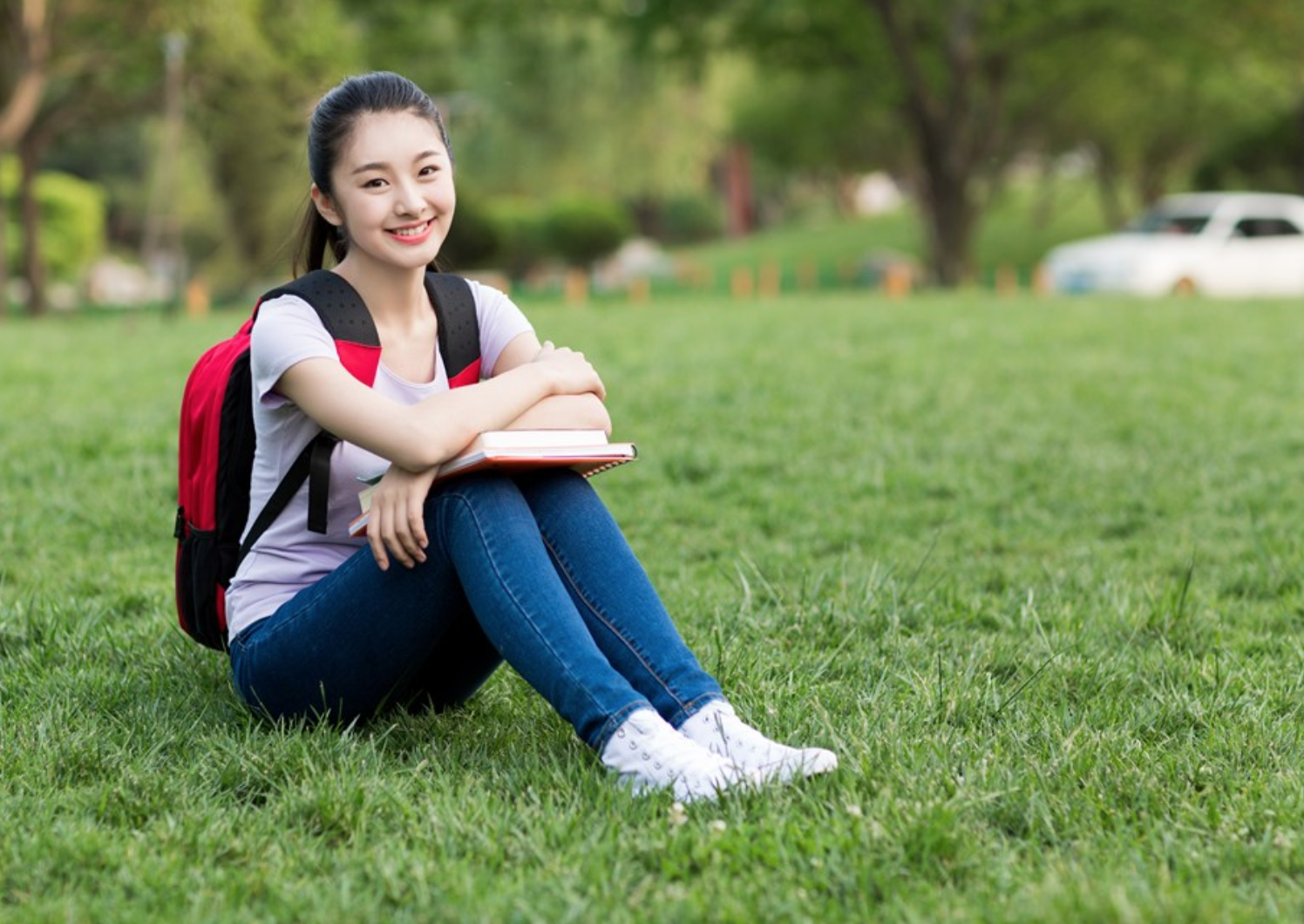
Singapore has always been known for having some of the best educational systems in the world. But, it seems that it is now falling behind China according to a recent study done by the Organization for Economic Cooperation and Development (OECD).
In the latest Programme for International Students Assessment (Pisa) released this year, Singapore ranks second when it comes to student performance in mathematics, reading and science.
It is the fourth time Singapore took part in the Pisa study since it first took part in 2009. Around 600,000 students from 79 countries and economies have taken part in the 2018 Pisa study.
The study, usually done every three years to see how well education systems work to help students get the skills necessary to perform in society, cites that China is now on top of the rankings. Previously, China was not even in the top 5 rankings.
Following China and Singapore is Macau for all three subjects, Hong Kong in math and reading and Estonia for science and reading.
Singapore’s Reading Performance According to PISA
The 2018 study also focused more on Reading, which has been dropping in rate worldwide.
However, Singapore has shown that its students have improved in the subject since 2015. They also scored more than the OECD average when it comes to analyzing content, credibility and determining which is fact and opinion.
The Singaporean Ministry of Education says that the improvement is thanks to the changes enforced to the English language curriculum for both primary school and secondary schools.
The new curriculum ensures that students develop critical reading skills which they can use in various types of books. They also attribute the improvement to a large number of students coming from English-speaking homes.
According to the results, the numbers increased from 49% in 2015 to 57% in 2018 which is a vast improvement.
Growing Use of Technology
The concern about the lower rates of students reading is because of the growing use of smartphones and social media.
According to Jason Tan of the National Institute of Education, these two have caused many people to lose interest in reading as a good hobby to pursue.
Students also find it more interesting to use smartphones and social media because it is interactive as compared to reading. When you read, you only move a page and nothing else. Some books can also be very boring if they are only filled with text rather than pictures.
When the study was done in Singapore, 6,676 Secondary 4 students were randomly selected. These students come from 153 public secondary schools and 13 private schools across the country, including religious and international schools.
Meanwhile, Singaporean teenagers do not like reading as a hobby or even use it as a method to get information. Around 49% of Singaporean students say that one of their hobbies is reading, dropping from 54% in 2009.
When it comes to reading for information and necessity, around 46% said they will read if necessary. This rate is up from the 2009 rate which was around 35%.

Reactions by the Government
When asked about the PISA results, deputy director-general of education (curriculum) for the MOE Sng Chern Wei said that the government is very happy with the results.
They are happy that Singaporean students have the right critical skills that will help them cope easily with the changing world. The government is also very happy that Singaporeans remain on top when it comes to their strong academic performance.
Sng also expressed that they are very happy for China’s performance rather than be disappointed that Singapore is now in second place in the rankings.
He says that the government did not join Pisa to show that they are better than other countries. They took part in the test to find other areas where they can improve the country’s educational system.
If other countries do well, Singapore will use the chance to learn from their model and apply it to their education experience to ensure students will enjoy their experience. The ranking will point out where the country can improve on when it comes to education.
The results can be used to develop the right educational policies and programs to fill the gaps in the country’s educational system and to improve on the areas listed in the study where Singapore lacks. This includes Singaporeans’ response to failure and the low number of teens who love online or offline reading.
Education Minister Ong Ye Kung has also expressed his comments about the results in Facebook. He is happy that Singaporean students have done well, especially those from low-income countries.
In his comment, it is not Singapore’s end goal that they are always on top of the rankings. He also recognizes that education must be holistic, provide happiness for students to learn and help students understand that failure is ok. This reflects the recent changes and removal of examinations in some levels of our primary and secondary schools.
Where else did Singapore perform well according to the PISA?
When it comes to high and low performers, Singapore has consistently ranked with high performers in their studies. They only have low numbers when it comes to low performers, which is better than in other countries.
When it comes to high performers, the study showed that in reading, 26% of Singaporean students are able to perform well in the subject. When it comes to math and science, it is around 37% and 21% respectively.
The OECD average is only from 7% to 11%, which shows that there is a necessity to improve on these subjects.
Meanwhile, low performers in reading are 11%, half of the OECD average of 23%. Low performers in math and science are also low with 7% and 9% respectively.

Conclusion
Aside from the rankings of Singaporean students when it comes to the three major subjects of math, science and reading, the study also looked into how well students from low-income families performed.
The spotlight shines on the fact that Singaporean students from low-income families have done better than their overseas counterparts and outperformed them. The study also looked into the resilience of our students when it comes to their studies, stressing that Singaporean students are able to perform consistently regardless of the subject provided.
For more updated education news, here are some articles:
Streaming into Normal and Express in Secondary Schools to stop in 2024: The Pros & Cons
Is the Singapore Education System Too Stressful and Flawed?
